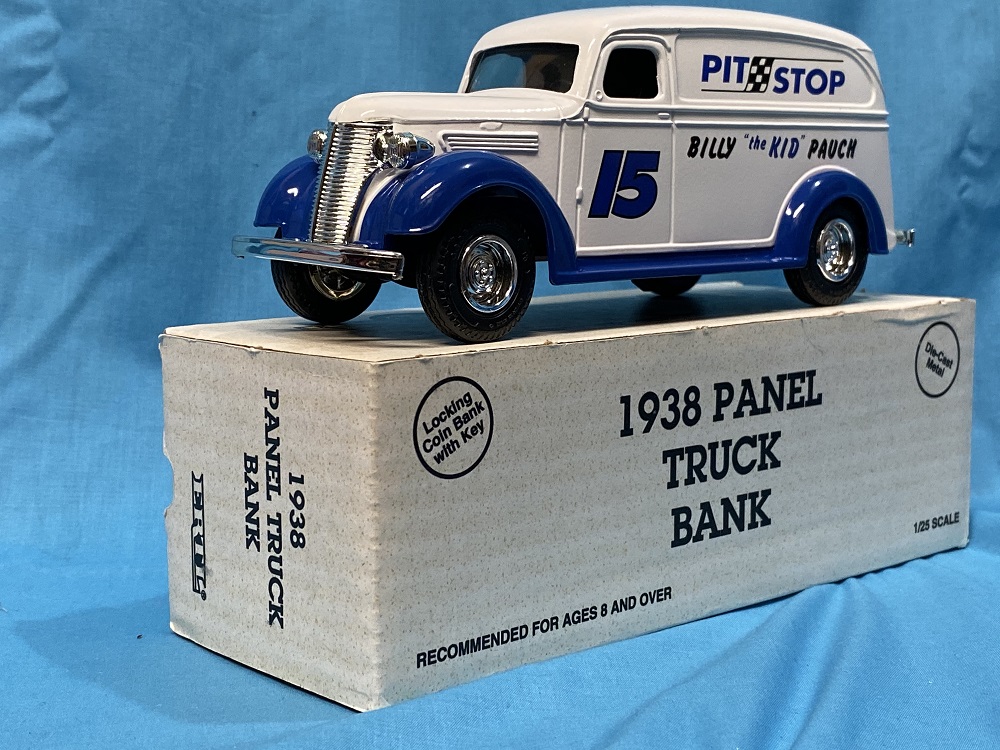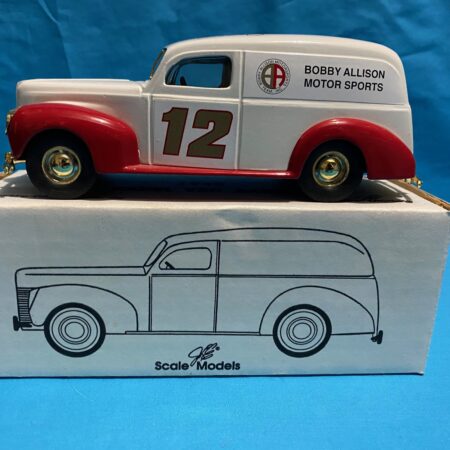10 Steps To Successful Debt Consolidation
Consolidating debt is often the best way to ease financial pressures but before you jump in there are a number of steps which can improve your position and guide you through the options available.
If you are having trouble balancing your income and expenditure because of large debts then read on and discover your options in credit card debt consolidation.
Debt consolidation can be an excellent option when you find your finances getting out of control but before you go out and sign up for a debt consolidation loan there are a number of factors you must take into account.
1) Why are you looking to consolidate debt?
The basic principle of debt consolidation is that you take out a single loan and use that loan to repay all your existing credit card debts, loans and overdrafts.
This normally results in lower payments generally spread over a longer term. Before you proceed with debt consolidation you should first consider whether there is a better alternative.
2) Sell assets to clear your debt
Rather than rescheduling your debts see if there is any way you can repay some or all of your debts yourself. Sell unwanted valuables and other items.
Depending on the item you can sell to dealers, advertise in local classified ads or through Ebay. Sell unwanted books through Amazon. If your debts are very high and you own your own home consider downsizing to release equity.
3) Pay more than the minimum off your credit cards.
If you can pay more than the minimum monthly payments you should seriously consider continuing with your existing credit cards and clear the debts over the next 12 to 18 months.
While it may mean restricting your spending in other areas it will be the cheapest option long term. Of course you may still opt for debt consolidation to make managing your debt easier.
4) If you are currently only just managing to pay the minimum monthly payments on your credit cards, or your total credit card debt is increasing each month then debt consolidation may be the right choice. There are a number of options when considering debt consolidation:
5) A mortgage or re mortgage
If you own your own home the lowest interest rates are obtainable by taking out a new mortgage to pay off your existing mortgage (if any) plus enough funds to repay you other debts.
If repaying your existing mortgage will result in penalty charges consider a 2nd mortgage with your existing lender. The interest charged will probably be slightly but not significantly higher.
6) Take out a secured loan with another lender
If you have already missed or been late with any payments, and as a result your credit score is too low for your mortgagor, consider a secured loan with another lender.
Secured loans in these circumstances are more expensive and the lenders are quick to repossess your home if you miss payments. Only take this route if you are certain that you can make the repayments.
Depending upon how bad your credit history is, so long as you maintain all your payments for the following 1 to 3 years, you can replace this loan with a mortgage or re mortgage once your credit score improves. There will be penalties however if you repay a secured loan early. Ensure you read the fine print.
7) A loan secured on other assets
If you have an expensive car, boat or plane you will probably be able to obtain finance using these assets as security. The rate of interest will be higher than a loan secured on property. If you do not have property or it is fully mortgaged securing a loan on other assets may be an option.
8) An unsecured loan
If you do not have property or other assets an unsecured loan is often a possibility. An unsecured loan is usually over a shorter term, normally up to a maximum of 7 years but occasionally longer. As a result the monthly payments will be higher but the debt will reduce quickly.
As the lender has no security your property and assets are less at risk if you default. The lender could, however, send in the bailiffs if they obtain a court order.
Because there is no security expect to pay a higher interest rate, particularly if you have a poor credit history.
9) Don’t forget the credit card option.
If your debts are relatively low and you still have a reasonable credit history applying for another card with a 0% or low interest balance could be an alternative to a debt consolidation loan.
Go for a 0% balance transfer if you can realistically repay all or most of the debts in the 0% balance transfer period. If however, there will still be a substantial debt at the end of the balance transfer period go for a permanently low interest rate.
Be aware there may be a 2 – 3% charge on the balance transfer. To ensure you don’t slip back into debt cut up all your credit cards and close paid off accounts.
10) Check all the options before making a decision.
As you research all the options it will quickly become clear if there is one obvious solution. For many individuals there will be more that one option so it is essential check them all out before making a final decision. Go to a range of different lenders and mortgage or loan brokers and obtain the best package for you. Remember you have the final say and just enquiring does not commit you to any course of action.
For a great many people debt consolidation provides an ideal solution to excessive credit card debt. Sorting out debt problems takes a little time, effort and determination. Once you’ve sorted your debts you will find life more enjoyable and relaxing and, with no debt collectors calling or contacting you by post or phone, much less stressful.















